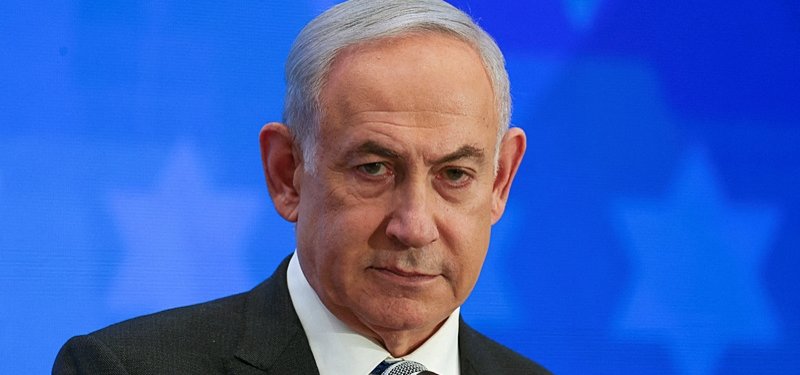In a surprising turn of events, Israeli Prime Minister Benjamin Netanyahu has decided to send a high-level delegation to the White House for talks concerning the possibility of a military operation in Rafah. This decision marks a significant reversal of Netanyahu’s previous stance, where he canceled the same trip in protest against the United States’ failure to veto a UN Security Council resolution regarding Gaza.
The Axios report reveals that Netanyahu plans to dispatch two top Israeli officials to Washington as early as next week for discussions on the Rafah situation. This sudden shift comes amid escalating tensions in the region and strained relations between Netanyahu and the Biden administration.
The canceled trip and the deadlock in hostage negotiations with Hamas have exacerbated the already fragile relationship between Netanyahu and the Biden administration. However, recent developments suggest a willingness from both sides to engage in dialogue and explore potential solutions to the ongoing crisis.
According to sources cited in the report, the Prime Minister’s office has expressed a desire to reschedule the meeting dedicated to Rafah. Discussions are underway to determine a suitable date for the delegation’s visit to the White House, indicating a renewed effort to address the pressing issues at hand.
While Netanyahu’s office has not officially confirmed the departure of the delegation, it has not denied the ongoing discussions. This suggests that behind-the-scenes efforts are actively underway to facilitate diplomatic engagement between Israel and the United States.
In a statement following a meeting with Senator Rick Scott, Netanyahu emphasized the strategic importance of sending a clear message to Hamas amid escalating tensions. He highlighted the decision not to send the delegation as a means of signaling to Hamas that external pressure would not sway Israel’s response to the situation.
A senior U.S. official revealed that Netanyahu had conveyed a similar message to the White House in private discussions, clarifying that his actions were not intended to provoke a confrontation with the Biden administration. This communication underscores the importance of maintaining open channels of dialogue between the two allies.
Behind the scenes, Netanyahu’s close adviser, Ron Dermer, reportedly reached out to President Biden’s top Middle East adviser to express concerns over the U.S.’s stance on the UN resolution. These diplomatic efforts highlight the complexity of navigating the delicate geopolitical landscape in the Middle East.
As tensions persist and diplomatic maneuvers unfold, the international community watches closely for signs of progress towards de-escalation and resolution in the Rafah crisis. Netanyahu’s decision to send a delegation to the White House represents a notable shift in strategy, signaling a renewed commitment to diplomatic engagement in addressing the challenges facing the region.
